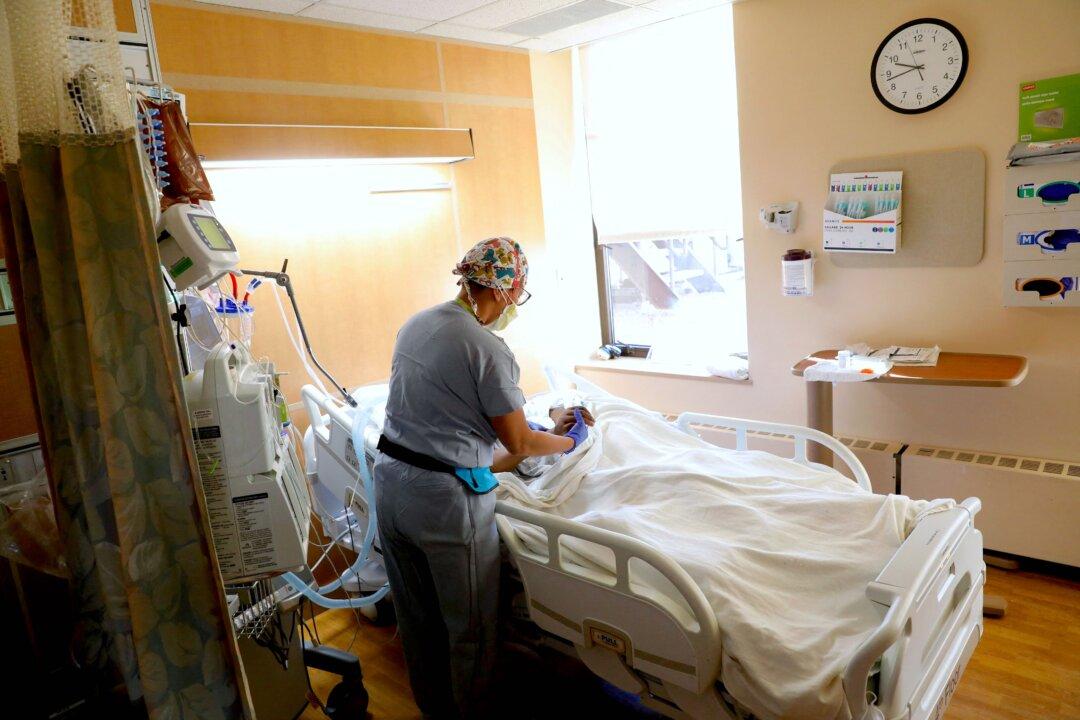As Ontario faces an estimated shortage of 30,000 nurses and health care professionals, a new report finds that nearly 1,900 nurses living in the province regularly commute to work in Michigan.
The report was published by the think tank Secondstreet.org, which contacted just over 3,000 Ontario nurses with active licenses in the U.S. state to learn about their decision to work outside of the country.





